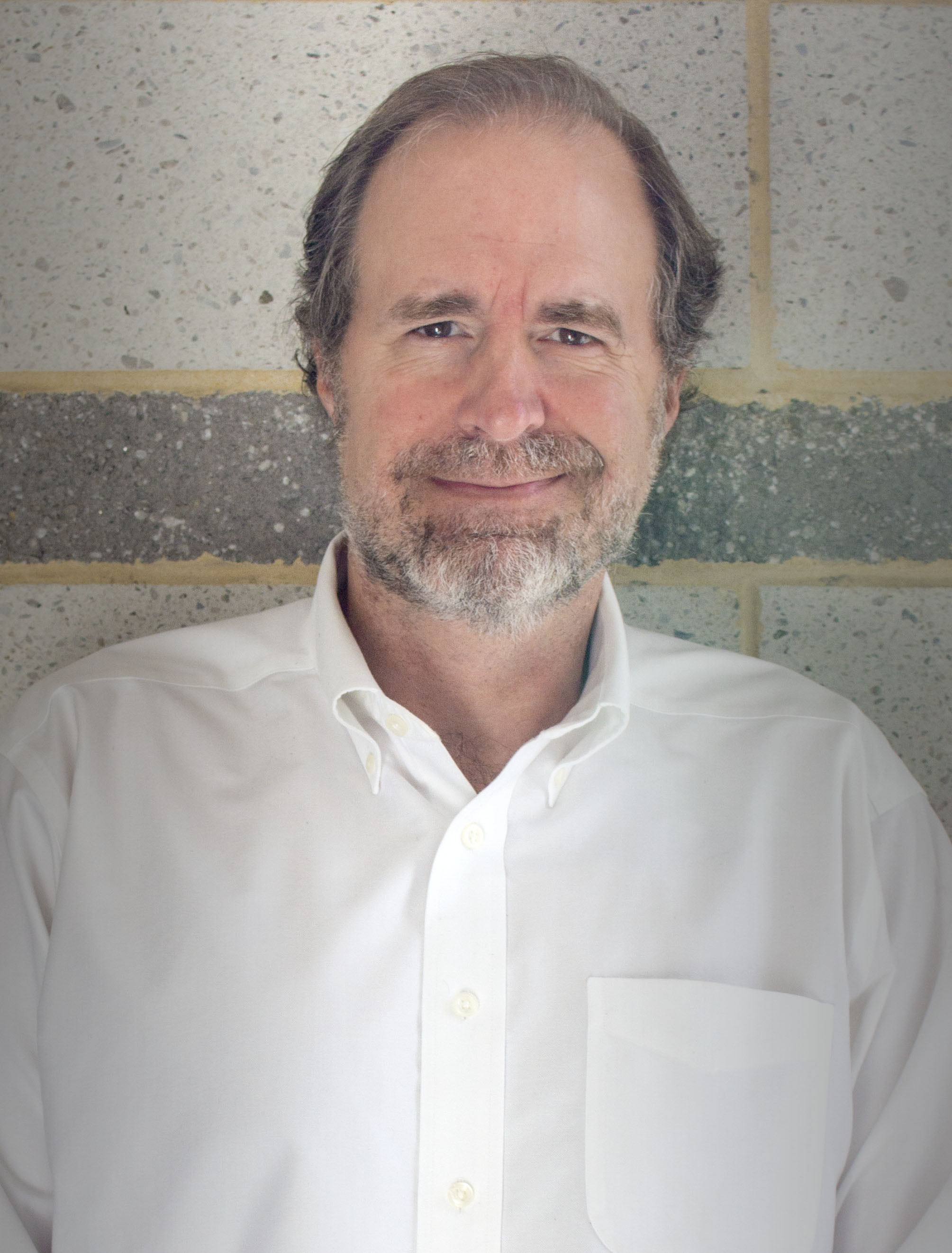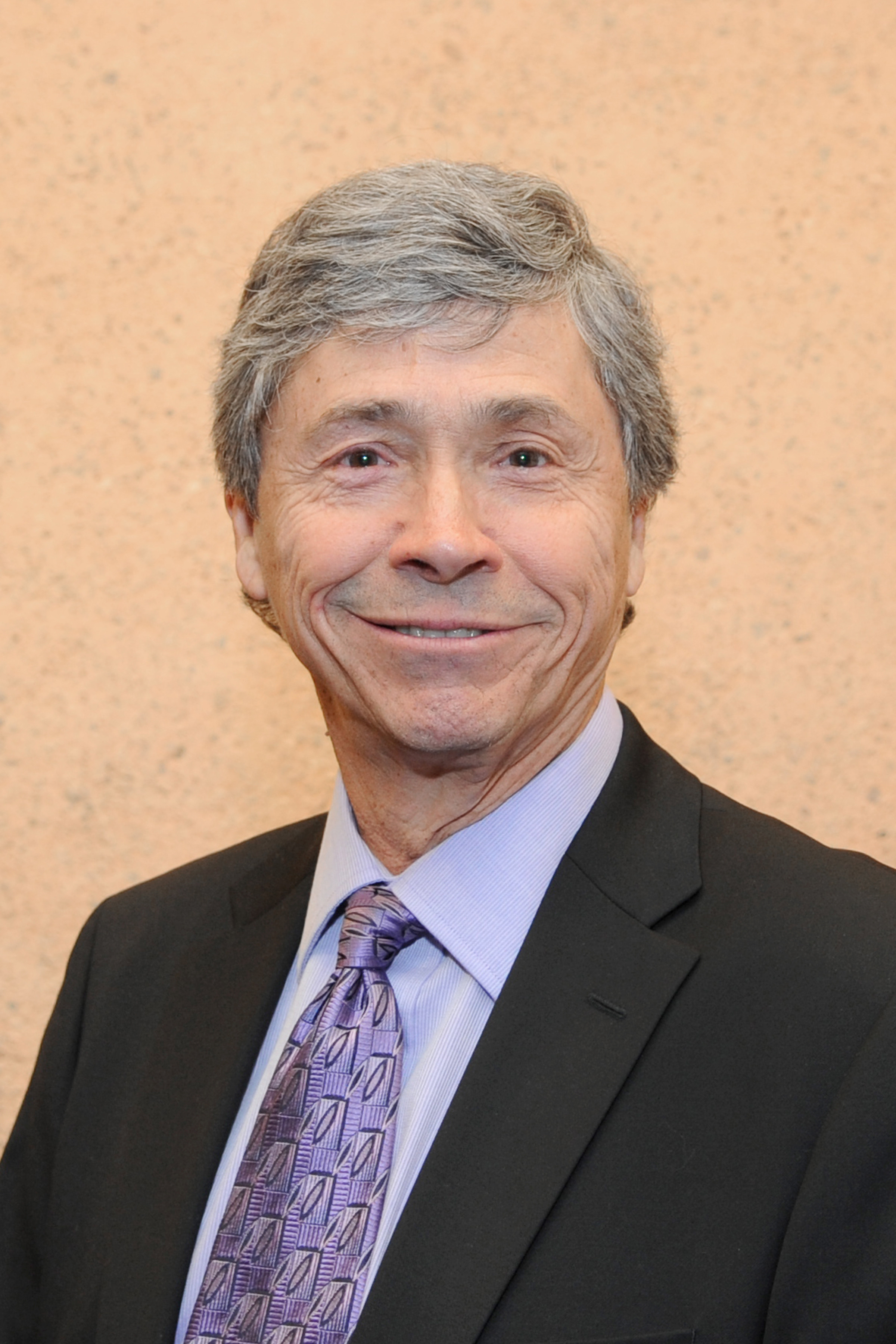In celebration of Native American Heritage Month, the National Constitution Center is hosting a series of scholar talks and activities highlighting the history of American Indians, tribal governments, and their relationship to the U.S. Constitution and American democracy.
Programs at the Museum
Scholar Talk: American Indian Influence on the Constitution and the Founding Fathers Featuring Robert J. Miller
Thursday, November 17 at 12 p.m. ET, Kirby Auditorium and Livestreamed
Join Robert J. Miller for a conversation about American Indians political theories and how their governments had a profound effect on many of the Founding Fathers, shaping specific provisions in the U.S. Constitution. The framers were influenced by both “positive” aspects of tribal governance and political science that they were familiar with and adopted into the Constitution, and they were also influenced by what can be called the “negative” aspects of the threats posed by the American Indian tribes to the new United States. Many of these effects are reflected in provisions in our Constitution. This talk examines how Indigenous theories of government affected our Founding Fathers in drafting the U.S. Constitution.
Robert J. Miller is a professor at the Sandra Day O’Connor College of Law at Arizona State University where he is also the Willard H. Pedrick Distinguished Research Scholar and the director of the Rosette LLP American Indian Economic Development Program. He is the chief justice of the Pascua Yaqui Tribe Court of Appeals and an appellate judge in other tribal courts. He graduated from Lewis & Clark Law School in 1991 and then clerked for Judge Diarmuid O’Scannlain of the U.S. Court of Appeals for the Ninth Circuit in 1991-92. Miller is a citizen of the Eastern Shawnee Tribe. He was elected to the American Philosophical Society in 2014, the oldest learned society in the United States.
Scholar Talk: Native Americans’ Fight for Citizenship and Sovereignty Featuring Paul C. Rosier
Friday, November 25 at 12 p.m. ET, Kirby Auditorium and Livestreamed

Dr. Paul C. Rosier, professor of history at Villanova University, will explore the Native Americans’ fight for American citizenship and tribal sovereignty, focusing on their extraordinary efforts to both protect their autonomy and secure the civil rights afforded American citizens: a dual citizenship codified in the 1924 Indian Citizenship Act. His presentation will highlight native people’s vision of an inclusive country that lives up to the ideals expressed in the Declaration of Independence and the Constitution, championing via military service, activism, and political writings their belief in a multi-racial and multi-cultural America that honored its legal obligations as it assumed international prominence in the 20th century.
Paul C. Rosier received his Ph.D. in American History from the University of Rochester in 1998. He currently serves as professor of history at Villanova University, where he teaches Native American history, American environmental history, global environmental history, and 20th century American history. He also serves as the director of the Albert Lepage Center for History in the Public Interest at Villanova. He previously held the inaugural Mary M. Birle Chair in American History (2016-2022) and served as department chair (2013-2016). In 2001, he published his first book, Rebirth of the Blackfeet Nation, 1912-1954; he co-edited the 2006 volume Echoes from the Poisoned Well: Global Memories of Environmental Injustice. In 2009, Harvard University Press published his Serving Their Country: American Indian Politics and Patriotism in the Twentieth Century, which won the 2010 American Indian National Book Award. He has published numerous essays on Native American topics, including three articles in The Journal of American History. Reflecting his commitment to public-facing work, he has published several blog posts on Native American political issues in Hindsights and the History News Network. He is in the final stages of two projects: an edited volume on environmental justice in North America; and a monograph on Native Americans’ political history, “The American Way of Life”: Native Americans’ Fight for Sovereignty and Citizenship.
History of Thanksgiving Program
*Offered Weekends, Grand Hall Lobby
Visitors are invited to join in the interactive History of Thanksgiving program, which explores the origins and importance of this national holiday. Learn about the Wampanoag people who lived in what is now New England, and the historic meal they shared with European settlers in 1621. We’ll explore more about the Wampanoag and their culture, the events leading up to the harvest feast that year, and what foods they may have eaten (it may surprise you!). Learn about the role presidents have played in creating the Thanksgiving holiday as well as popular Thanksgiving traditions, including the presidential turkey pardon.
Lenape Language Activity
Daily, Grand Hall Lobby
The languages spoken by Native Americans are as diverse as the people themselves. Learn some words and phrases in Lenape/Delaware, the language spoken by the Lenape peoples who once inhabited this very land.
Tribal Mapping
Daily, Grand Hall Lobby
Explore a map of the United States centuries before the founders. Can you find your hometown? Which Native American tribe lived there?
Native American Portrait Book
Daily, Grand Hall Lobby
Learn about famous Native American figures from history at our activity tables. Visitors can create their very own Native American portrait book using printed portraits of historical Native American figures. Draw their picture for your very own take-home collection.
Corn Husk Dolls
*Offered Weekends, Grand Hall Lobby
Travel back in time to the 17th century to see how the Wampanoag people made their own toys. Join us for a corn husk doll workshop, discover how the Wampanoag children learned through play, and create your own corn husk doll to take home.
Online Resources:
Native Americans and the Constitution Town Hall Video
In celebration of Native American Heritage Month, join experts Maggie Blackhawk of the New York University School of Law; Donald Grinde, Jr. of the University at Buffalo and co-author of Exemplar of Liberty: Native America and the Evolution of Democracy; Gregory Dowd of the University of Michigan; and Woody Holton of the University of South Carolina and author of Liberty Is Sweet: The Hidden History of the American Revolution, for a conversation exploring the influence of Indigenous people and tribal governments on the U.S. Constitution and American democracy, from before the Revolution to today. Jeffrey Rosen, president and CEO of the National Constitution Center, moderates.







